Despite continued tensions, 28.8% of new Apple suppliers since 2017 are based in mainland China

According to the South China Morning Post, 15 of the 52 suppliers added to Apple's supply chain since 2017 are located in mainland China which works out to a 28.8% increase. Some of the new suppliers are located in the Shenzhen area where Apple's top contract manufacturer Foxconn has its biggest facility, and other suppliers located in China work out of factories in eastern Jiangsu. Both the U.S. and Taiwan had seven companies added to Apple's supply chain during the same time period.
Despite tensions between the U.S. and China, Apple increased the number of suppliers located in mainland China
Over the last few years, Apple has talked about moving production out of China and has started producing higher priced iPhone models in India. Any place that Apple selects has to be able to deliver supplies in the quantity and quality that Apple needs. With fear during the Trump years that the administration would block imports from China, there was talk about Apple moving 20% of iPhone assembly out of that country and into India or Vietnam.
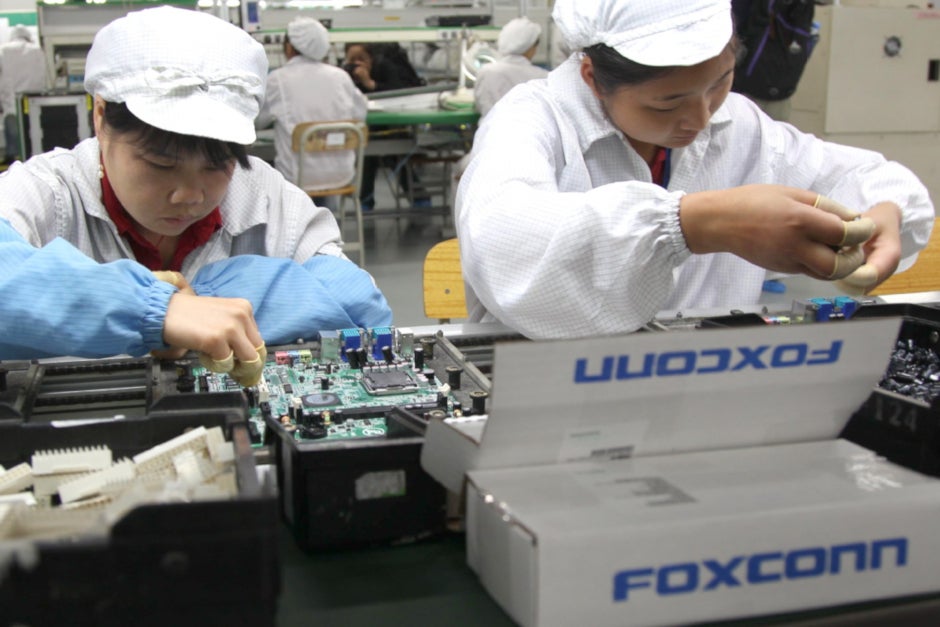
Apple adds more suppliers to its supply chain that are based in mainland China
The ability of China to add more suppliers to Apple than the U.S. and Taiwan combined is a sign of China's domination in high-tech supply chains. The country's ability to bounce back from COVID-19 has been a major reason for this. For example, Foxconn's factory in Zhengzhou has been so busy assembling iPhone units, it has offered cash bonuses to new workers while Foxconn's iPhone plant in India has cut production in half due to the virus.
Will Wong, an analyst for IDC based in Singapore, says that "China’s mature manufacturing industry still has its attractiveness despite the US-China tensions. Nevertheless, it doesn’t mean Apple will stay away from diversifying its supply chain and production. This is especially true given that the political tensions and supply chain disruptions caused by the pandemic have taught industry players not to put all their eggs in one basket."
Companies based in mainland China that are part of Apple's supply chain include intelligent component producer Shenzhen Everwin Precision Technology, LCD manufacturer Tianma Microelectronics Co., flash memory manufacturer Giga Device, and metal supplier Nanping Aluminium. Among the U.S. companies that Apple relies on are 3M, Intel, and Skywork Solutions.
Being added to Apple's supply chain is always good news for those companies that make the list and those that are removed usually take a pounding in the stock market. Optical equipment supplier Ofilm Group was added to the list in 2017 and reportedly dropped by Apple this past March after allegedly forcing Uygur Muslims to work for the supplier. Since then, Ofilm's stock market valuation has been cut in half.
Apple still needs to come up with a Plan "B"
While Apple still continues to rely on Chinese companies for supplies, the tech giant's CEO, Tim Cook, has made several visits to the mainland looking to build upon the relationships that Apple enjoys with suppliers located there. The 200 companies named on Apple's 2020 supplier list receive 98% of what the firm spends on materials, manufacturing and assembly of products worldwide. 80% of these firms have at least one production site located in mainland China.
Apple still needs to come up with a solid plan "B" as the pandemic has proven that no matter how solid a company's supply chain might seem, events beyond the control of the supplier could prove to be problematic. And even with the Biden administration in power since January in the states, the animosity between the two powers remains. Note that there has not been any effort made by those currently running the show to take Huawei off of the entity list or allow foundries using American tech to once again ship chips to Huawei.
On the other hand, the Biden administration did remove Xiaomi from a blacklist that designated the manufacturer a Communist Chinese Military Company. The firm was placed on the list by former President Trump in the waning days of his presidency and could have prevented Americans from investing in the firm.
Follow us on Google News


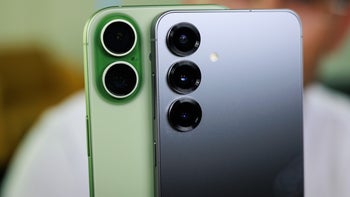
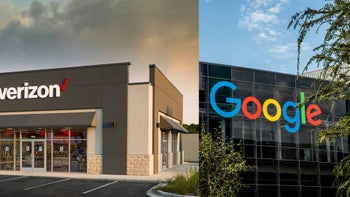
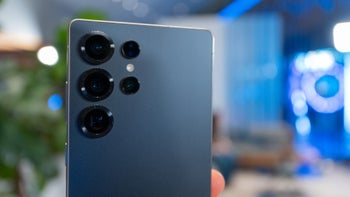
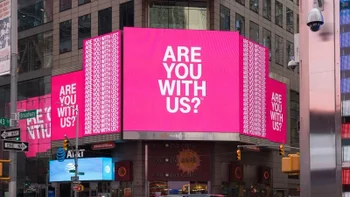
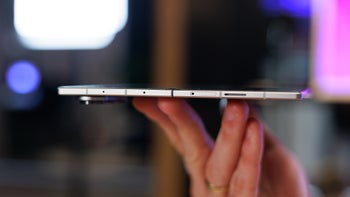






Things that are NOT allowed:
To help keep our community safe and free from spam, we apply temporary limits to newly created accounts: